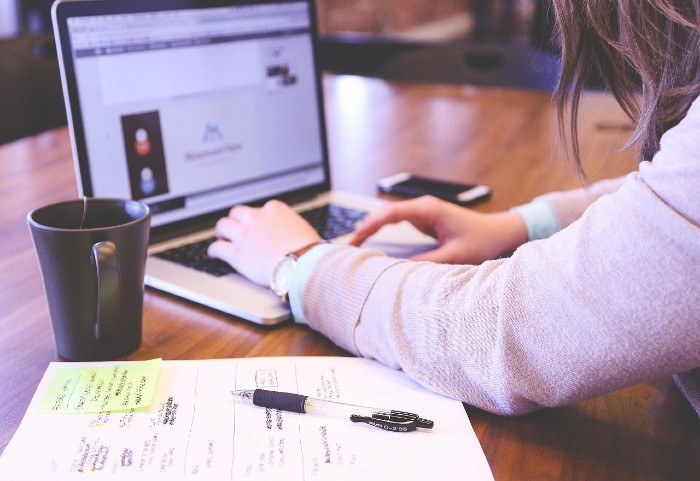In-depth: Business in an uncertain world
Rowan Schindler
06 September 2021, 5:45 PM
 Dewald de Beer, of Commercial and Rural insurance brokers (C&R Brokers) speaks to The Central App about doing business in an increasingly uncertain world.
Dewald de Beer, of Commercial and Rural insurance brokers (C&R Brokers) speaks to The Central App about doing business in an increasingly uncertain world. We live in an uncertain world - that is the nature of things - with pandemics, war and the general unpredictability of what lies ahead, doing business is always going to be difficult.
The “fast and light” flexible approach of business has been touted recently, with technology and digital business leading the charge globally.
For more traditional businesses the pandemic has thrown the 9-5 workday off-track, with many workers moving to home offices and retail and hospitality businesses having to close shop entirely through different alert levels.
Dewald de Beer, of Alexandra’s Commercial and Rural insurance brokers (C&R Brokers), says businesses are much more adaptable now than last year, when the COVID-19 pandemic began.
He says people know what to expect and how to manage expectations within their business and customers.
“That said it’s not something that is sustainable for many businesses. To operate in a climate of constant uncertainty is not good for long term planning and growth,” Dewald explains.
“The government's long term planning and thoughts on how they manage levels and expectations need to be upfront and transparent to promote certainty.
“Most businesses in the region are resilient and owners are “grafters” so you can throw anything at them and they will make it work.
“As long as they know what to plan for. For us as a business it’s been business as usual and we are extremely mobile and able to adapt, we are fortunate to have good skilful people and understanding clients.
“We can still give quality advice and support claims no matter what the levels are.”
Dewald says Levels restrictions and government expectations need to be as mutant as the virus.
“We can’t merely follow the same strategy we did last year,” he says.
“We, the business community and the government, can’t only rely on vaccines to keep us going in the future.
“I heard that in South Africa there is now a new variant that is worse than Delta and the vaccines are not working against it.
“So I think, just like all the other illnesses, this thing is not going away for a very long time.
“So how do we future proof our lives and businesses with keeping things in perspective? That I guess is the million dollar question.”

Dewald de Beer believes COVID-19 is here for the foreseeable future, and we need to be more innovative than ever for businesses to stay competitive.
The business world is built on risk versus reward, with the more measured risk being leveraged with time and effort spent in order to best position a business to take advantage of possible rewards.
However the uncertainty of a business environment to which it is operating is often out anyone's control.
“My personal view is, just like insurance, not everything is insurable but you way up the risk and plan accordingly,” Dewald says. “We have to accept that the virus and its effects are not going away.
“Understand the worst case scenario now and how that changes with time. Keep working our back sides off on trying to keep ahead of the game regarding the vaccines.
“Increase hospital care as a form of insurance.
“But one thing is certain: locking down an economy and borrowing money to keep it afloat is not sustainable and if we continue on this path we will be in more debt, with no economic growth to turn the tide and pay off our debt.”
Dewald suggests we try “looking outwards from within” and explore innovation in business and economics.
“Do we as a country know and understand what the next global growth areas are? Are we aggressively, upskilling our own people and investing in the infrastructure to facilitate those growth areas?
“What are we importing that can be made or developed in NZ, as one example? I mentioned something at the business group the other day; most of us that live here, choose to live here.
“It was a conscious decision and I think for most of the country the same rule replies.
“We are all immigrants - whether it was one year ago or 120 years ago. We live here because we love the people, the land and the potential.
“We should not measure ourselves against the rest of the world's problems, but rather see how we are the solution to the world's problems.
“I think most kiwi’s and the “not yet kiwis” all have the same grit, innovation and passion for the country.
“We don’t have all the answers, but to do nothing or be too conservative is not what is going to make us move forward.
“There has to be a balance, leaning towards growth, innovation and with risk.”
